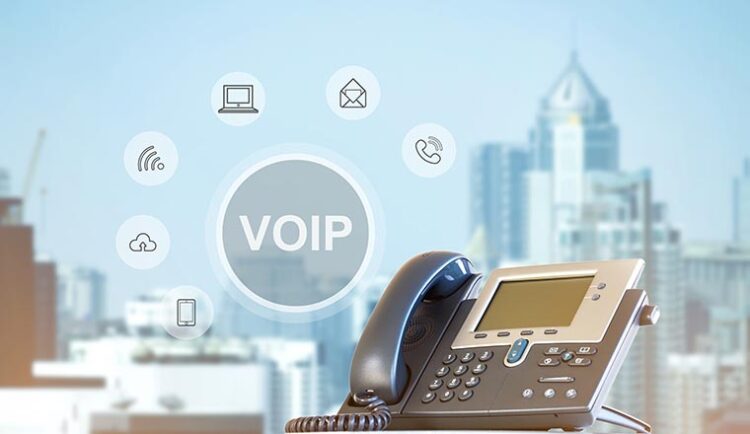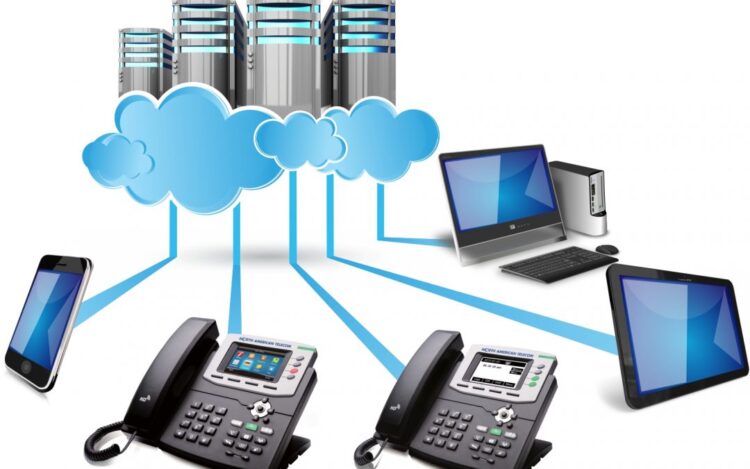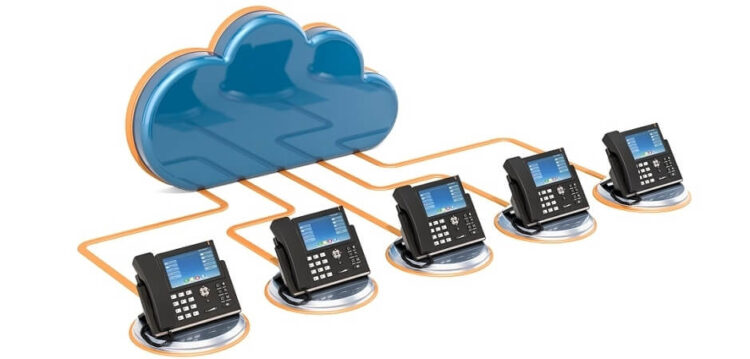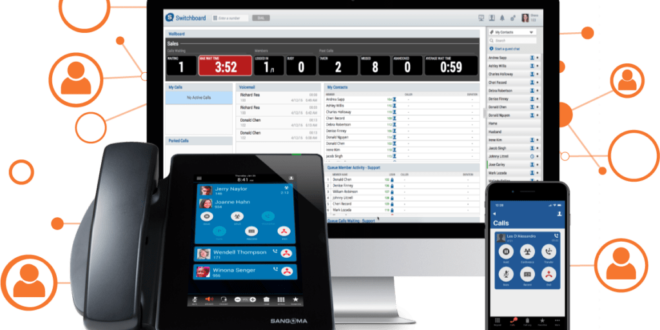Communication in business is fast-evolving. Now more so than ever. And the current coronavirus crisis has thrown our capacity for digital communication starkly into focus, as business life has abruptly shifted online.
The options are boundless. Messaging platforms, video conferences, a wide array of social media, AI-driven technologies like chatbots, good old email. But between all these options, a vital one is often overlooked.
Phone systems

Despite the digital revolution having come and gone, phone systems are still a pillar of business communication. And a solid foundation for customer trust.
According to data released by Statista in 2024, calling a business is still the first choice of customer service for 61% of Americans. At the same time, a study by Digital Strategy Consulting showed that the presence of a telephone number on an eCommerce business’s website boosts customer trust. In contrast, an unlisted number can discourage purchases.
But don’t go singing an ode to your landline just yet. Because business telephony, too, has moved into the digital age.
The key to this is VoIP
But what is VoIP? And how can it help your business? Especially now in the midst of the corona crisis?
Here you’ll learn all you need to know about VoIP technology: how it works, what its advantages are, which companies offer it. And how it can specifically help your business through the corona crisis.
Vo-what?

The acronym VoIP stands for Voice over Internet Protocol. And it does what it says on the box.
Traditional phones directly send your voice signals to another phone over a dedicated line. VoIP transmits the same data over the internet.
Here’s how it works:
- VoIP phones record your voice, transform it into data, and compress it into packages.
- These data packages are sent to your VoIP platform.
- Your VoIP provider forwards them to the target phone, converting them back into audio.
The process is very straightforward and works at the same speed as a regular phone line given an adequate internet connection.
What are the advantages of VoIP?
The fact that VoIP works over the internet results in a long list of benefits. Most of these benefits are also a crucial boon during the current crisis.
Here is a quick overview. Buckle up.
HD voice quality

When talking to someone on the phone, nothing is more annoying than a bad connection. Interference. Crackling on the line. Are you still there? Endless repetitions (and spelling) of names and numbers.
VoIP technology puts an end to that headache. The digital audio transfer is not subject to the whims of aging phone line infrastructure. Voice will always be crisp and clear.
Easy, speedy installation
In the current situation, it is all-important to adapt quickly. Most likely, time and resources are tight. That means you need a system that can deal with the challenges of the day. And quickly too.
As many a long-suffering business knows, traditional business telephony is enabled by private branch exchanges – PBX. These are major infrastructure projects to set up, and often require in-house technicians to maintain.
VoIP can save you a lot of frustration. Since it runs over an existing internet connection, there are no lines to install. VoIP providers like B1 Communications will enable you to connect and communicate to international clients and customers even if your office is based in Vancouver.
In terms of hardware, you can order VoIP-enabled phones. But a computer with a headset or even smartphone apps will also do the trick. That means that both the effort and the cost to set up a VoIP system are low.
Flexibility and Scalability

Since a VoIP system can work on any device, it can also work from anywhere. Whether you’re at your work desk, in a branch office in another state, working from home during the corona crisis, even on the road – a VoIP system always follows you.
The same goes for the addition of new team members. Rather than having to install a new phone line and desk hardware when someone is hired, they can be quickly added to the VoIP system in a matter of minutes.
Looking farther ahead, it is also easier to upgrade or add new hardware to a VoIP system. This is because providers work with a standards-compliant backend. A local PBX maintainer, on the other hand, may have to integrate every new piece of hardware individually.
Reduced costs
It’s already been established that the investment costs for setting up a VoIP system are low to negligible.
But using VoIP can also help you save on running costs.
VoIP providers usually offer subscriptions, which keeps initial cost low and allows easy trials and flexible usage.
Depending on the provider, calls may also be free across dedicated regions. In the US, this is typically all of North America. As for international calls, they are usually relatively cheap and may even be free if the target – like a branch office – is on the same VoIP plan.
Additional features

One of the most significant advantages of a VoIP system is that it does not just have all the features of a PBX, like call forwarding, escalation or conferencing. It also has additional features that go far beyond that.
According to industry expert Nextiva, some essential features that VoIP offers for business telephony are:
- auto attendant and interactive voice responses (IVR)
- instant and text messaging
- multi-device support
- real-time analytics
- voicemail-to-email or voicemail-to-text
- web dashboard administration
- unified communications (combining voice calls, conference calls, email, Google fax, texts, voicemail…)
All these features make VoIP systems a much better fit for modern business communications than traditional PBX ones. They are also set to help you manage the challenging communication demands during the current crisis.
Reliability and Outages
Unlike a simple phone line, VoIP office hardware does depend on the power grid, but so does a PBX. With VoIP apps, though, your staff can continue working even during office power outages. Or during the coronavirus lockdown.
Meanwhile, the VoIP provider itself is unlikely to go down: A typical VoIP metric is uptime, often rated at “five-nines” (99.999%). That translates to just over five minutes of downtime in an entire year.
Where’s the catch?

There has to be one, right? Well, it depends. Under certain circumstances, VoIP’s greatest advantage may also be a drawback – that everything runs over the internet.
If your internet connection is not stable, or too slow, VoIP might not be for you. You risk cutting your business entirely off from communication if your internet connection fails.
In this case, you might have to invest in an upgrade of your internet plan or infrastructure (optic fiber, anyone?) before you can move on to installing a VoIP.
Then again, having reliable and high-quality internet access is an indispensable foundation for doing business in 2024 and beyond. So investments in that direction are worth making in any case.
Conclusion
In the current global economic situation, ensuring the best possible basis for business communication is a must. And staying connected during the coronavirus lockdown is essential.
With its flexibility, reliability and additional features, VoIP systems can help you achieve this in the realm of business telephony.
And this realm is now vital.
Because in the age of self-quarantining and social distancing, hearing the voice of another human being on the phone is deeply reassuring, in business and beyond.
 Hi Boox Popular Magazine 2024
Hi Boox Popular Magazine 2024



